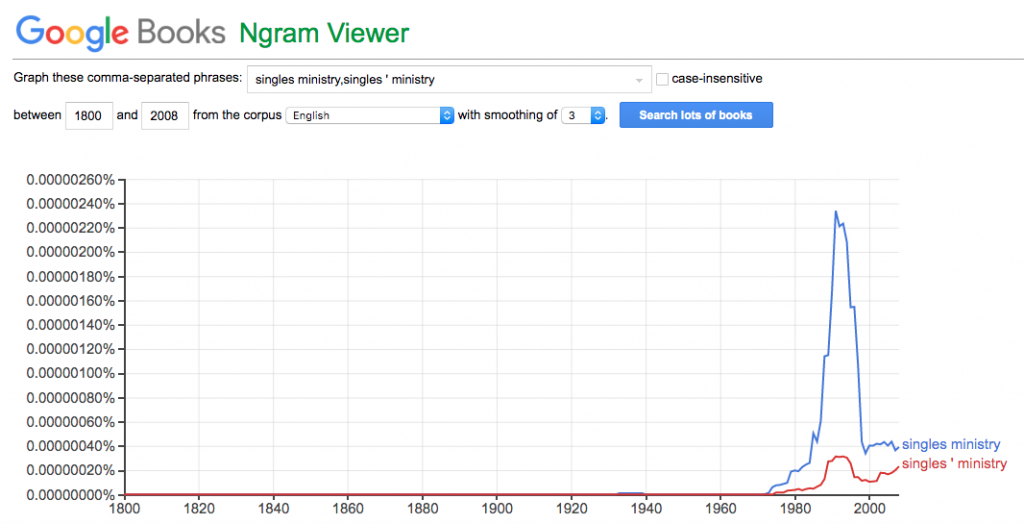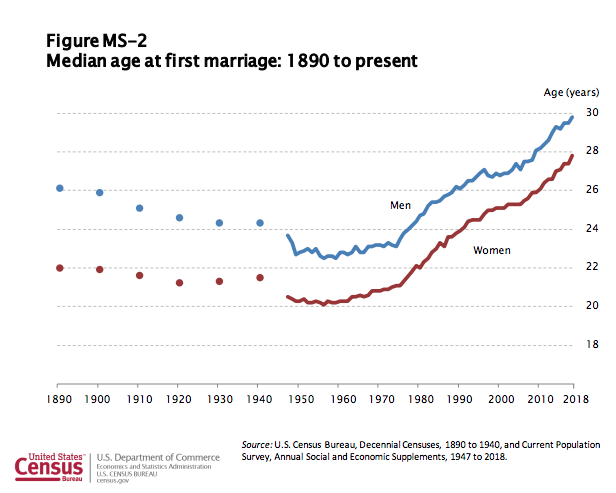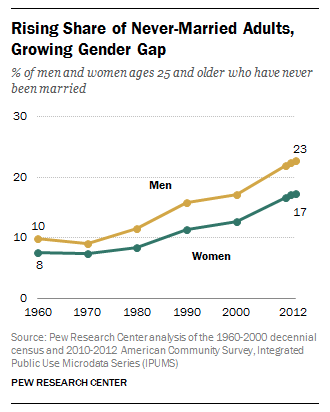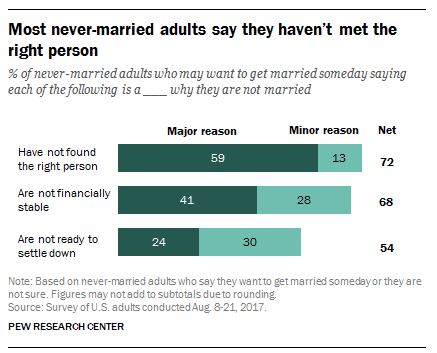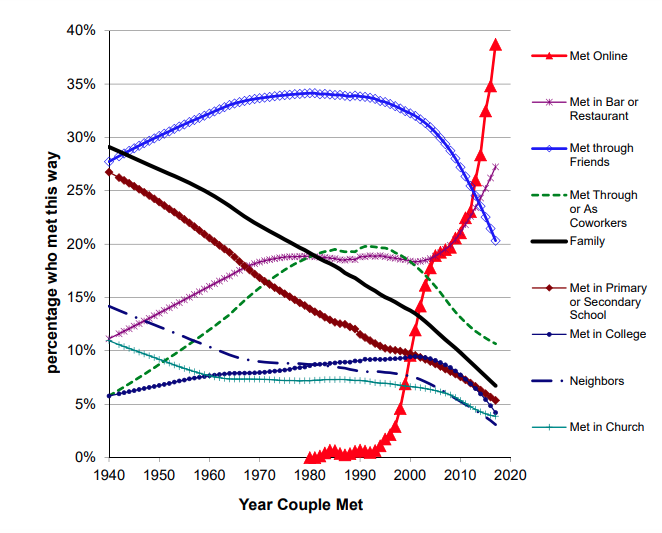This message was originally sent to the Issues Etc. studio on 9/18/2021. For anyone who questioned my zeal in tagging Rev. Wilken and Issues, Etc. on Twitter in stories of harm from the injections and new developments in what can properly be termed Covid Vaccine Syndrome, know that I took this to them privately first in the form of the below. To their credit, they were staunchly against gene juice mandates the entire time. Unfortunately, they have still never apologized to their listenership for statements made by themselves and their guests which suggested absolute safety and efficacy for these products.
__________________________________
Dear Rev. Wilken,
In your interview with Dr. Jeff Barrows about the vaccine mandates, the doctor states that he looks at such mandates through an ethical lens, rather than a moral one. He goes on to articulate a position in which, in order to qualify as ethical, the positive brought about by a vaccine mandate must exceed the negative of stripping away consent.
For the doctor, the positive does not outweigh the negative, in a broad sense. However, if we grant his premise, there are tens of thousands of others who place a greater weight on public health than personal choice, for whom the scales would tip differently. Many of these are physicians like Dr. Barrows.
Who is the ultimate court of appeals in this weighing process? Are we at the mercy of what the most authoritative figure — the man with the highest medical, scientific, or political office in the room — decides carries the greater weight?
I am reminded of an authority figure named Caiaphas who also looked through an ethical lens, rather than a moral one, when he said, “It is better for you that one man should die for the people than that the whole nation perish.”
This type of utilitarian ethic is widely practiced among atheistic regimes, and has been responsible for countless horrors in the 20th century alone. Mao’s China provides many stunning examples of the disasters that await when blind ideas about “scientific process” are combined with the best intentions of the sitting totalitarian regime.
The only instance I am aware of from scripture of the national mandate to “take your medicine” comes from Exodus chapter 32. In this case, the medicine — the dust ground from the golden calf — was a judgement. I wonder if, in the fullness of time, we will come to see these vaccines the same way?
For my part, if there is to be judgement, let it come in the form of COVID, because the reports I am seeing suggest that fleeing to the vaccine may invite a worse fate. In this I feel kinship with Jeremiah, who pleaded with his countrymen not to be afraid of the king of Babylon, but to trust that God would deliver them from his hand, rather than flee to Egypt. And who, in the end, was nonetheless compelled to accept the worse fate and die in Egypt because of his faithless kin.
Will these vaccines also be compelled — will this mandate stand — because of the faithlessness of American Christians?
In Christ,
Askeladd
_________________________
https://www.bitchute.com/video/fk4hePZJyl3O/
____________________
To Rev. Wilken’s credit, he did have Dr. Peter McCullough on to represent the other side of the vaccine debate one-and-a-half years after his guests began promoting the products.

